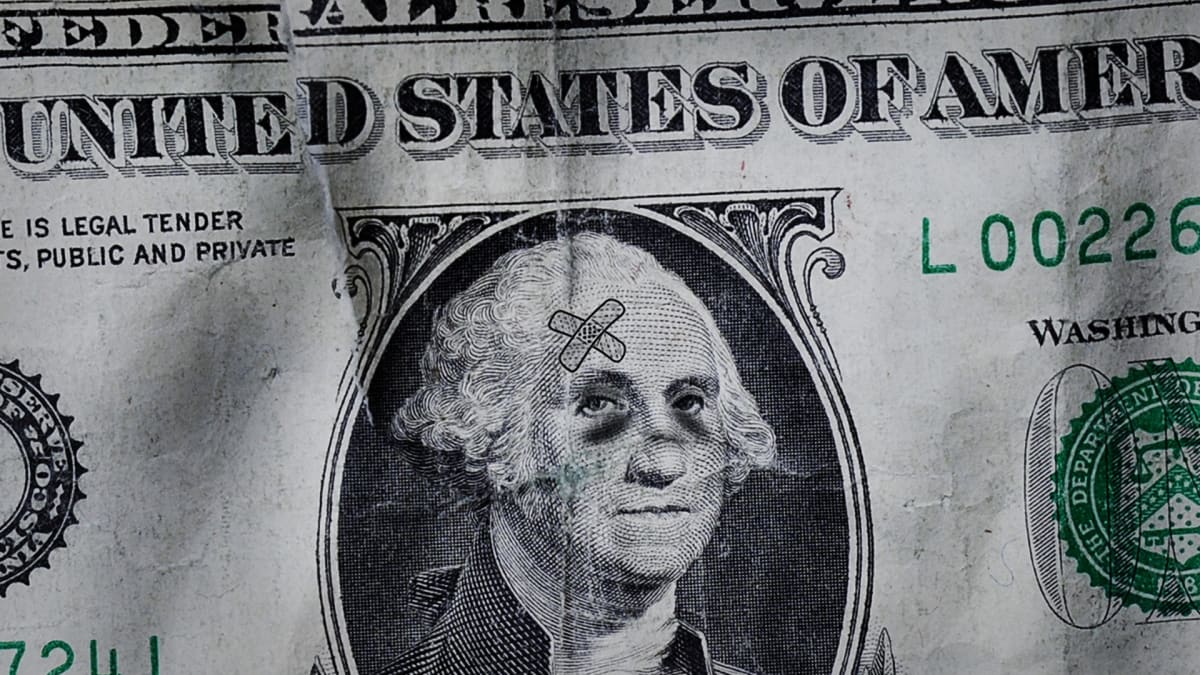
The debt-limit suspension passed by the House Wednesday and headed for likely approval in the Senate really isn’t a big deal, says Harvard economist Ken Rogoff.
“The debate has never been about debt; it is about power,” he wrote on Project Syndicate. “If the Republicans sweep into power in 2024 and end up controlling the House, Senate, and presidency, there is little question they will want to pass a large tax cut, steepening the trajectory of debt.”
And what if the Democrats take hold of all three power centers? “There is little question they will want to use debt finance to expand the footprint of government,” said Rogoff, former chief economist of the International Monetary Fund.
“Conservatives think deficits caused by tax cuts don’t matter because they incentivize work and entrepreneurship, thereby generating sufficient growth to repay debt later,” he said.
“Left-leaning economists argue that even without such incentive effects, growth is likely to outstrip interest payments most of the time. So the debt burden never becomes anything meaningful to worry about.”
Both Sides ‘Stupefyingly Naïve’
But neither argument passes muster, Rogoff said. “Both sides’ idea that debt is always free as long as it is used the right way is stupefyingly naïve,” he maintains.
“Real (inflation-adjusted) interest rates fell sharply after the 2008-09 financial crisis, stayed low throughout the ensuing decade, and fell sharply again during the pandemic.”
However, the current interest-rate environment is different, Rogoff notes. “Forward-looking measures of real interest rates, such as 10-year inflation-indexed government bonds, are far higher today across the advanced economies than they were during the pandemic years,” he said. That means higher overall debt payments for governments.
“Moreover, the world has become more unstable, and it is extremely likely that many Western countries will need to raise spending on defense, placing further strains on budgets.”
Democrats put Republicans to blame for the debt-limit standoff. “That is true,” Rogoff said. “It is also true that President Joe Biden campaigned as a centrist, then used two years with razor-thin legislative majorities to pass generational changes in policy that promise to affect the country for years.” So now, “Republicans want to revisit some of these changes,” Rogoff said.
Democrats maintain that “Republicans are trying to prevent the government from borrowing to cover spending that Congress has already approved,” Rogoff said.
“That is nonsense. The government can always revise its long-term spending plans. But an effective government should be able to find ways to reach long-term spending agreements that are not subject to constant re-evaluation.”
The House-approved debt-ceiling suspension doesn’t do that, he said. “On the contrary, with the country on track for a Biden-Trump rematch next year -- a contest that Trump just might win – any truce is likely to be short-lived.”







